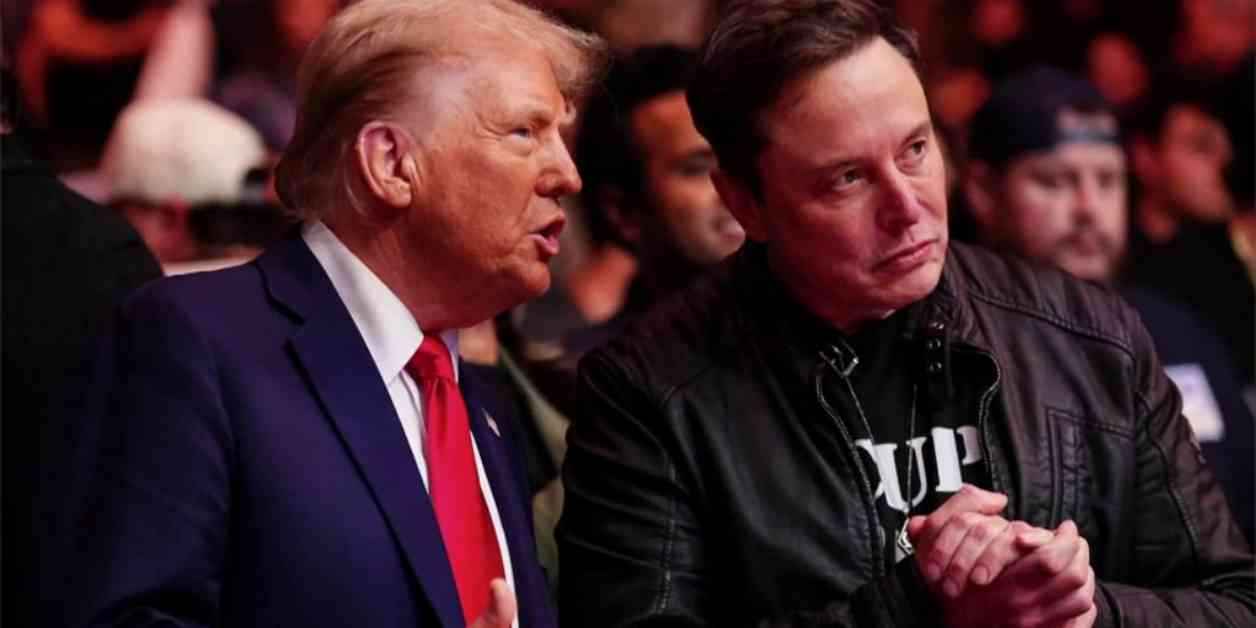In a recent joint interview, former President Donald Trump and business magnate Elon Musk shared their perspectives on the issue of mass firings. The conversation shed light on both men’s views on the current state of labor practices and the impact of large-scale terminations on the economy. Trump, known for his outspoken demeanor, and Musk, a visionary in the tech industry, offered a unique blend of insights that sparked a conversation about the future of work in America.
Trump and Musk: A Meeting of Minds
During the interview, Trump expressed his belief that the ongoing wave of mass firings in various industries was detrimental to the country’s workforce. He emphasized the need for businesses to prioritize job retention and stability, especially in the face of economic uncertainty. Musk, on the other hand, offered a more nuanced perspective, highlighting the role of automation and technological advancements in shaping the future of work.
One of the key points of discussion was the impact of automation on job security. Musk pointed out that as technology continues to evolve, certain jobs may become obsolete, leading to a shift in the labor market. He stressed the importance of upskilling and reskilling workers to adapt to these changes, ensuring that individuals are equipped to thrive in the digital age.
The Human Cost of Mass Firings
Beyond the economic implications, both Trump and Musk acknowledged the human toll of mass layoffs. They highlighted the emotional distress and financial hardship that often accompany such events, underscoring the need for compassion and support for affected workers. Trump shared a personal anecdote about a friend who had recently lost his job due to downsizing, emphasizing the profound impact it had on his friend’s mental well-being.
In a rare moment of agreement, both men called for a more empathetic approach to restructuring and workforce reductions. They stressed the importance of providing resources and assistance to displaced workers, including access to retraining programs and financial support during the transition period. By prioritizing the well-being of employees, they argued, companies could mitigate the negative effects of mass firings and foster a more resilient workforce.
As the interview drew to a close, Trump and Musk expressed cautious optimism about the future of work in America. They highlighted the potential for innovation and growth in emerging industries, emphasizing the importance of collaboration between government, businesses, and workers to navigate the changing landscape. While their perspectives differed in some aspects, both men agreed on the need for proactive measures to address the challenges posed by mass firings and technological disruption.
In conclusion, the joint interview between Trump and Musk offered a thought-provoking glimpse into the complex issues surrounding mass firings and the future of work. By combining their unique insights and experiences, the two men sparked a meaningful dialogue on how to create a more inclusive and resilient labor market for all Americans. As the conversation continues, it remains to be seen how their perspectives will shape the ongoing debate on these critical issues.


